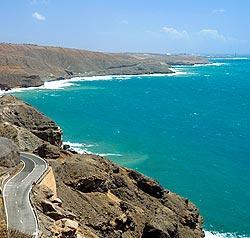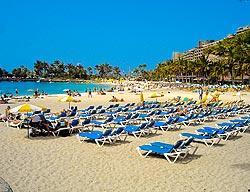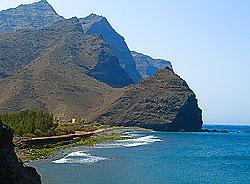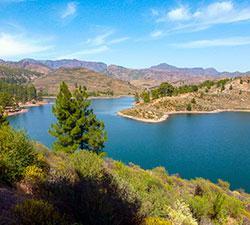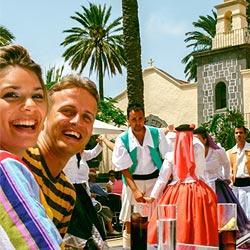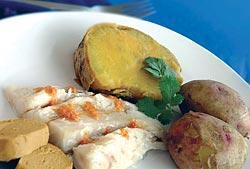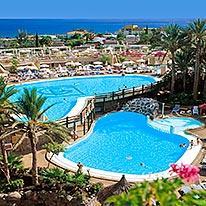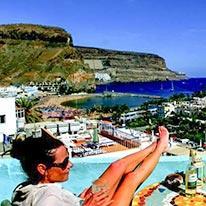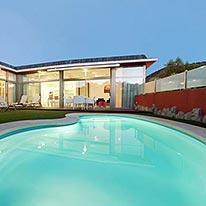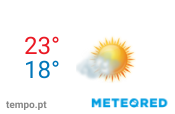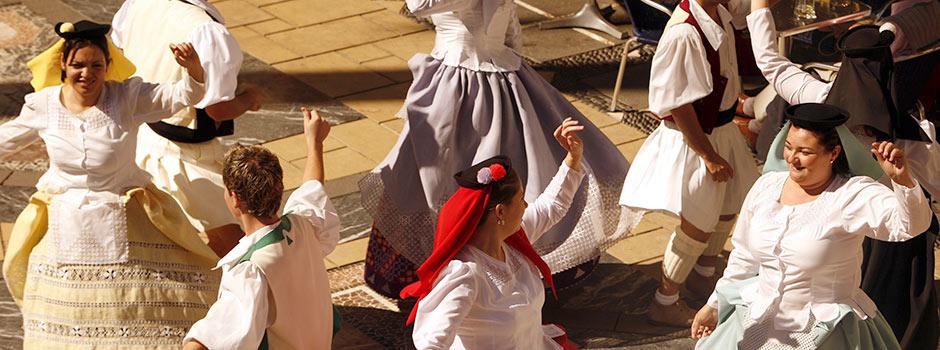The Canary Islands have rich customs and traditions – many of which involve a good party! Carnivals or fiestas are held throughout the year and almost each town has its own celebration. They are vibrant, energetic and are a good way for visitors to learn about the history and culture of Gran Canaria.
During fiestas, the locals dress up in colourful costumes, stalls sell handmade crafts, there are lots of fun games to keep the children amused and of course the food and drink is flowing.
The main carnival is held every year between January and February in Las Palmas. It starts with street parties, known as verbenas del mogollón, where thousands of people dress up and dance their way through the streets until the early hours. Another highlight is known as the murgas. These are large groups of people who dress up, perform and sing about their discontent and criticisms of the local, regional or national social situation. They often use traditional well-known songs and change the lyrics to express their feelings in a humorous and ironic way.
The main events of the carnival include the gala for choosing the carnival queen and the great carnival parade, which marches through the whole city of Las Palmas.
Another important tradition on the island is the Romería. Every year Gran Canaria hosts many Romerías, which are religious pilgrimages in honour of a saint. People dress in traditional attire and walk through their town or village accompanied by singing and a band playing musical instruments.
Lucha Canaria, Canarian wrestling, is an ancient custom which dates back to the late 1400s during the times of the first known inhabitants of the islands, the Guanches. Its popularity has grown over the centuries and today it is a major sport covered by Canarian television.



